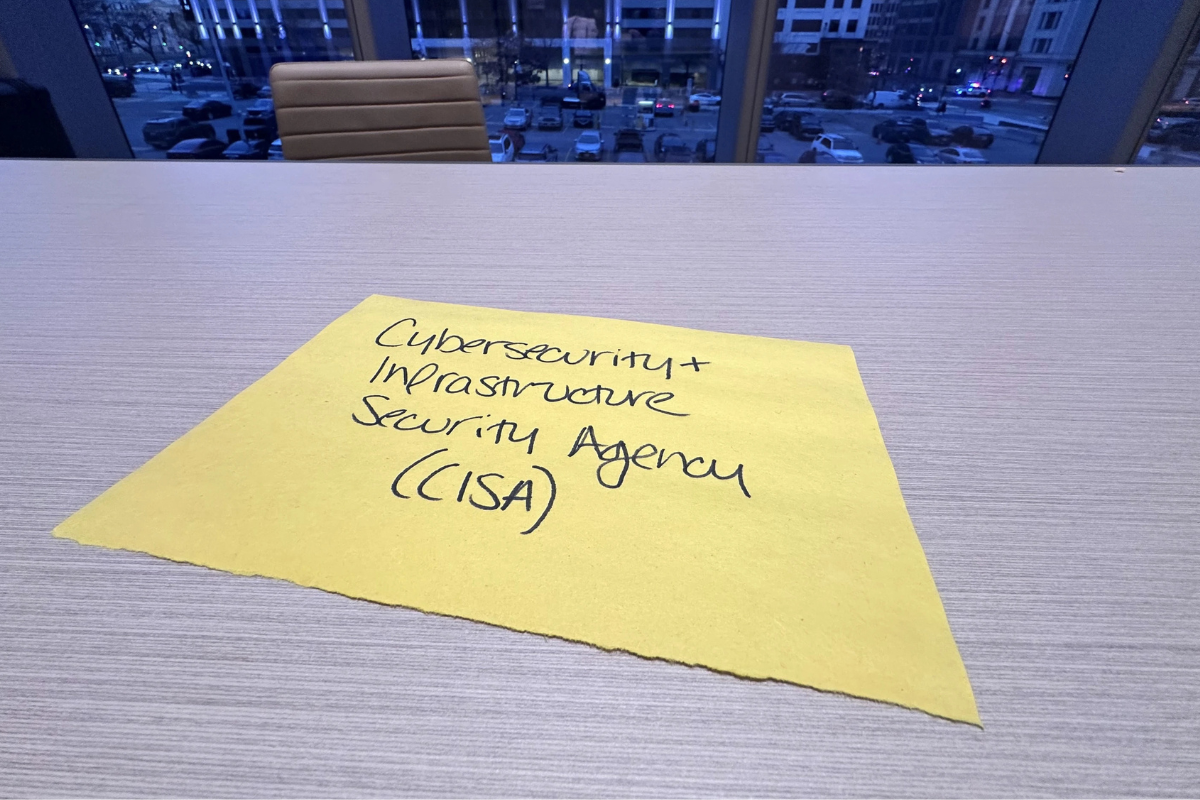Recent cuts to federal efforts aimed at monitoring election interference have raised alarms about the future security of U.S. elections. Critics warn that the reduction in resources and oversight could leave U.S. elections vulnerable to foreign influence and manipulation, especially as the 2024 election cycle approaches.
“Without federal oversight, we risk leaving our elections vulnerable,” said cybersecurity expert Anne Taylor. “This is a major step backward.” The move to dismantle programs designed to safeguard elections comes at a time when the threat of foreign meddling remains high, particularly from adversaries like Russia and China. Many believe that weakening federal efforts could allow these countries to influence American politics once again.
For years, federal agencies like the Department of Homeland Security (DHS) and the FBI have played a critical role in preventing foreign interference in elections. These agencies worked to identify and block attempts to hack voting systems, spread disinformation, and manipulate public opinion. With these resources now being reduced, experts worry that state and local authorities may not be equipped to handle the complex challenges of election security on their own.
“The states alone do not have the capacity to protect themselves from foreign interference,” said former DHS official Michael Rogers. “The federal government needs to step up its role in election security.” The shift in responsibility could lead to uneven protections across the country, with some states facing greater risks than others due to varying levels of resources and expertise. This inconsistency could create openings for foreign actors to target vulnerable regions.
The decision to scale back federal efforts is part of broader budget cuts and restructuring within the federal government. While some argue that reducing the size of government is necessary, others see it as a dangerous move in the context of election security. The ability to ensure the integrity of elections is fundamental to the functioning of U.S. democracy, and cutting these resources could undermine public confidence in the system.
Election security has been a major concern since the 2016 presidential election, when Russia was found to have interfered in the voting process. Since then, the U.S. has taken steps to strengthen its defenses, but recent cuts to federal programs may reverse some of the progress made. Experts fear that this will make it easier for foreign governments to exploit vulnerabilities in the U.S. election process.
As the 2024 elections draw closer, concerns about foreign interference are mounting. Social media platforms, in particular, have been targeted by disinformation campaigns that seek to sway public opinion and create divisions within the electorate. Without federal intervention, these campaigns could go unchecked, leaving voters more susceptible to manipulation.
The dismantling of federal election security programs also comes at a time when Americans are increasingly concerned about the fairness and transparency of elections. Many citizens already believe that their votes are not secure, and the reduction in federal oversight could further erode trust in the election process. If the U.S. is to maintain the integrity of its democratic system, experts argue that federal efforts must be restored and expanded.
The debate over election security is far from over, and the decisions made now will have long-term consequences. Without strong federal efforts to monitor and protect U.S. elections, the risk of foreign interference could grow, threatening the core of the nation’s democracy. For the sake of election integrity, advocates are calling for a reversal of the cuts and a renewed commitment to safeguarding the American electoral process.




